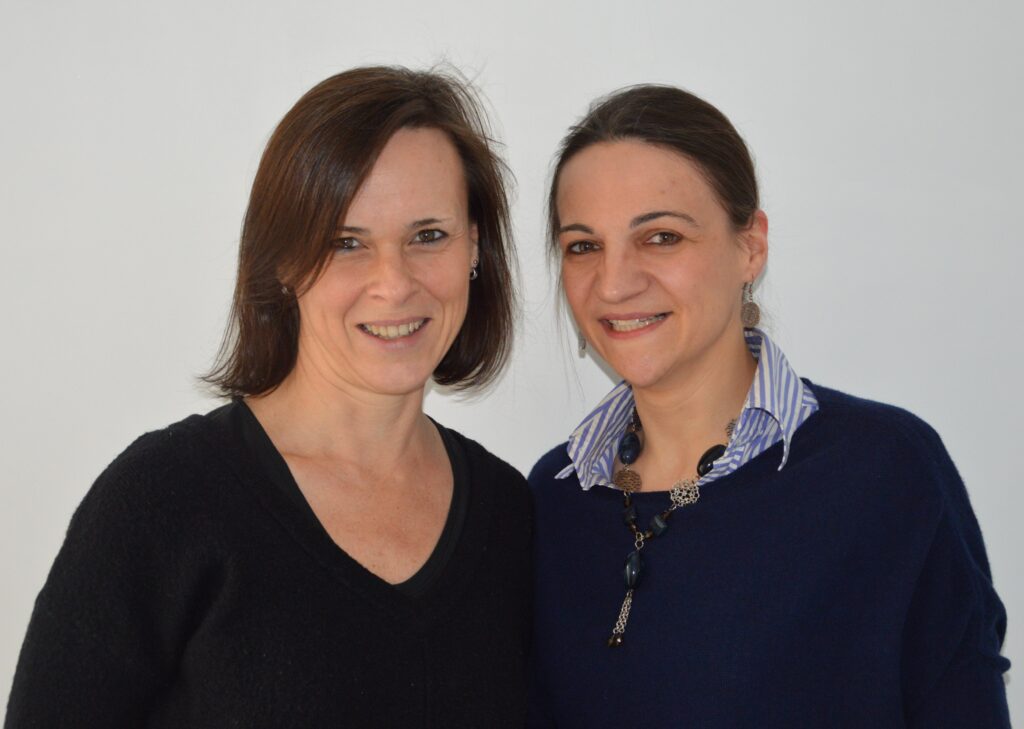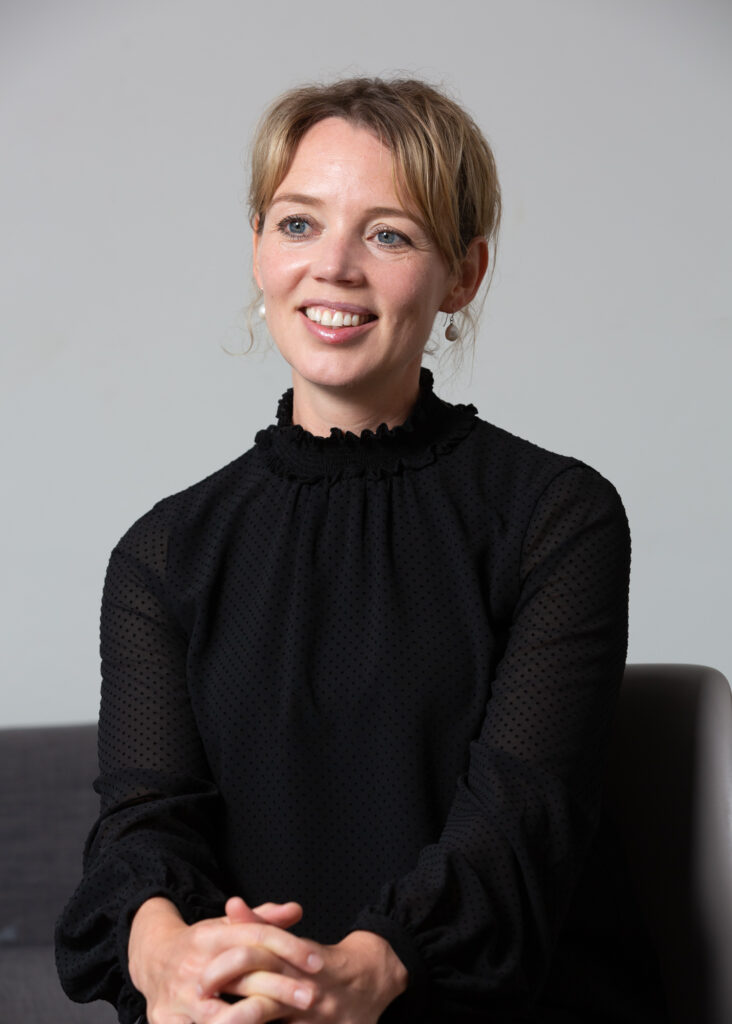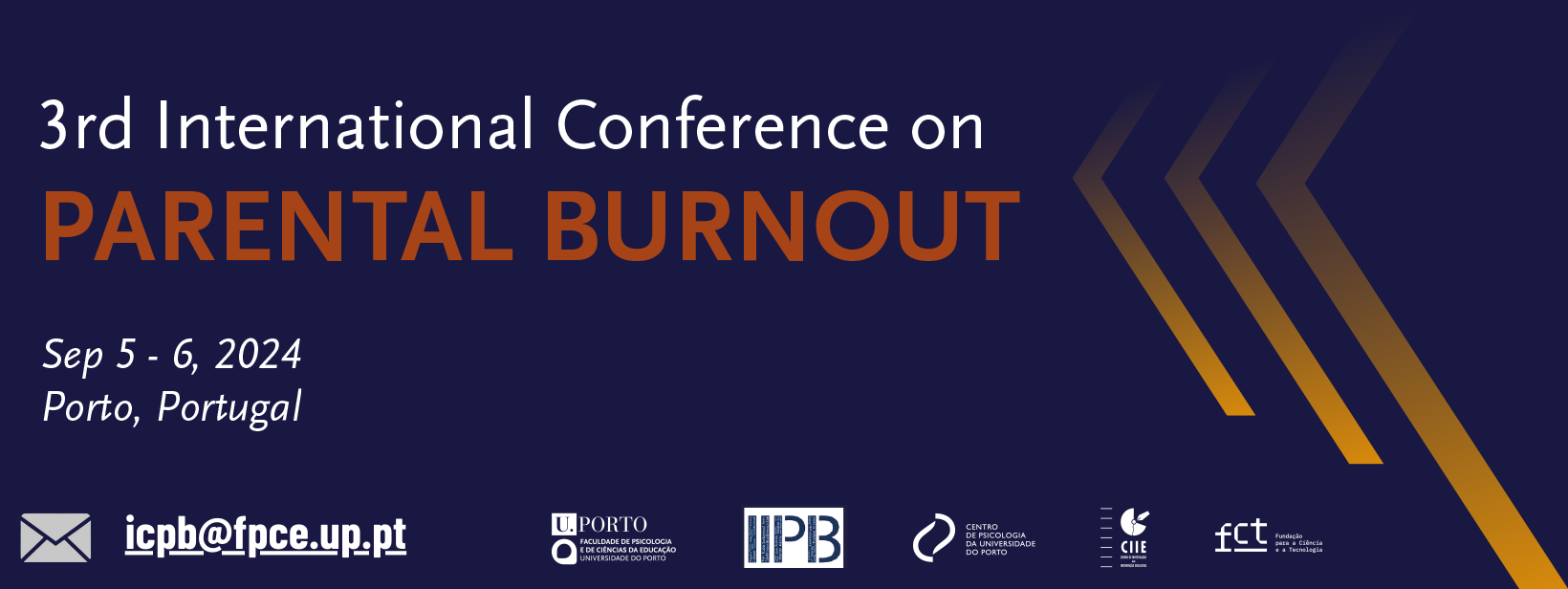Isabelle Roskam & Moira Mikolajczak*

Isabelle Roskam is a Professor of Developmental Psychology at the University of Louvain in Belgium. Before devoting herself to the study of parental burnout, Isabelle directed the “H2M Children” research program on the development and care of so-called “difficult” children. At the same time, she worked for 10 years as a clinician at the Saint Luc University Clinics in Brussels, in the neuropediatric unit.
Moïra Mikolajczak is a Professor of Medical and Health Psychology at the University of Louvain in Belgium (UCLouvain). Before devoting herself to the study of parental burnout, Moïra directed a large research and training program on emotional competencies and stress management. She also contributed to the creation of Moodwork, a burnout prevention platform.
In 2015, Isabelle and Moïra combined their expertise and initiated a large research program to shed light on the nature, causes, consequences and treatment of parental burnout. They founded the International Investigation of Parental Burnout (IIPB), an international research consortium on parental burnout that now brings together 50 countries. With the collaboration of their team, the consortium and many researchers (and parents!) around the world, they have contributed to develop this field of research and published the results of their work in numerous scientific articles and books for both parents and professionals. They also co-direct the Training Institute for Psychology & Health and the Parental Burnout Research Lab, reference centers for parental burnout.
About the conference: Current and future perspectives in parental burnout research
Parental burnout (PB) has received exponential attention over the past 15 years. In the first part of the presentation, we will take a diachronic perspective and review the results accumulated to date on parental burnout. We will begin with an overview of the field in the form of a quantitative synthesis of published empirical studies on BP. On this basis, we will propose a roadmap for future research, identifying particularly promising avenues and the methodological improvements needed to draw more robust conclusions. In the second part of the presentation, we will adopt a synchronic perspective and focus on cross-cultural issues. We will first present the most striking findings of the latest International Investigation of Parental Burnout (IIPB). Then, we will present important research directions to improve the balance between Eastern, Western, Southern and Northern findings on parental burnout.
Anna Katharina Schaffner*

Anna Katharina Schaffner is a cultural historian and professional burnout coach. Her books include The Art of Self-Improvement: Ten Timeless Truths (Yale University Press, 2021) and Exhaustion: A History (Columbia University Press, 2016). Her forthcoming book Exhausted: An A-Z for the Weary will be published by Profile in 2024. Anna’s journalism has appeared in the Times Literary Supplement, Psychology Today, The Guardian, AEON and PSYCHE. She is Professor Emerita in Cultural History at the University of Kent.
About the conference: On Parenting Ideals: How Changing Conceptions of Childhood and Psychological Development Shape Parenting Advice
Parental burnout is closely linked to feelings of guilt and shame because we deem ourselves falling foul of current parenting ideals. These ideals are cultural constructs which are manifest in parenting guides and self-help literature, and also in broader, less tangible cultural beliefs about parenting that may be reflected in buzz-words, trends, advertising and on social media. How do these ideals emerge, and why do they change, sometimes drastically, through the decades? I argue that parenting ideals are closely connected to historically changing conceptions of childhood as well as to evolving understandings of psychological development. I illustrate how these changes influence how we think we should parent by exploring a few case studies from different historical periods. We will look at Victorian parenting, early twentieth-century parenting, and parenting ideals in the sixties and seventies to understand how we got to where we are today.
* In update.
